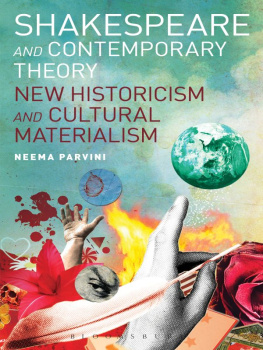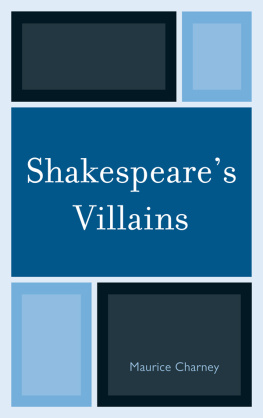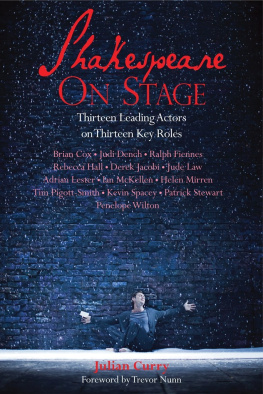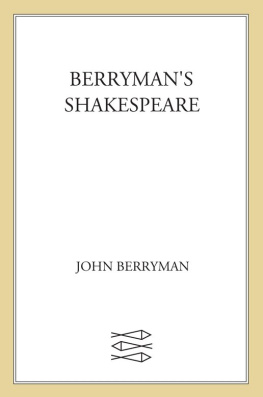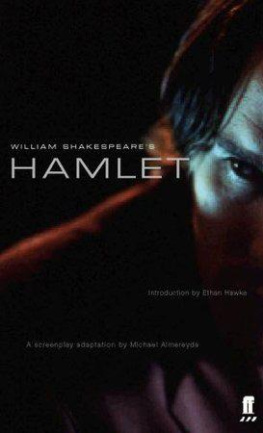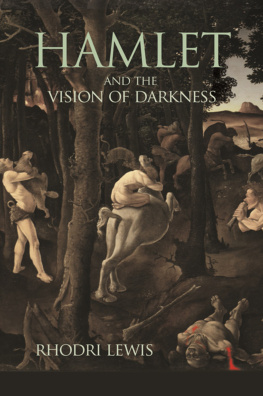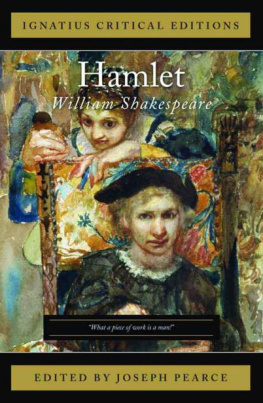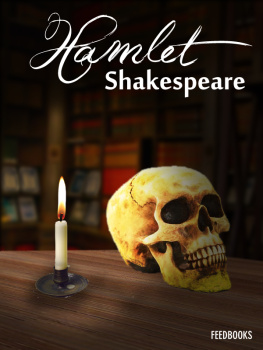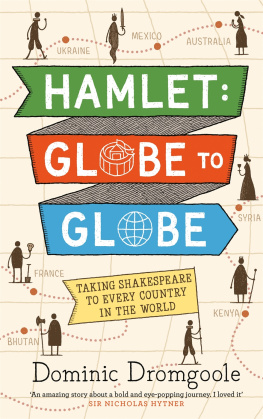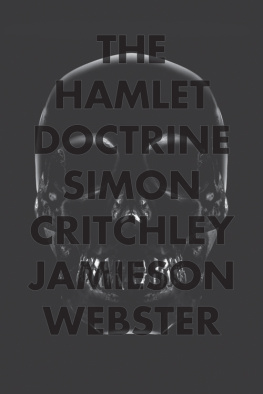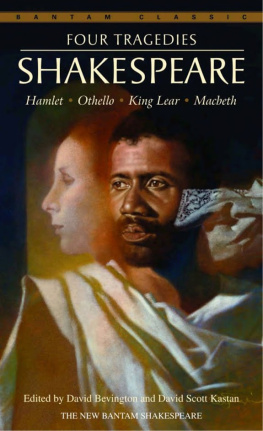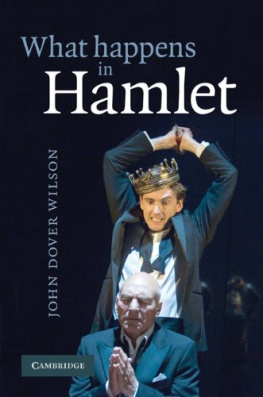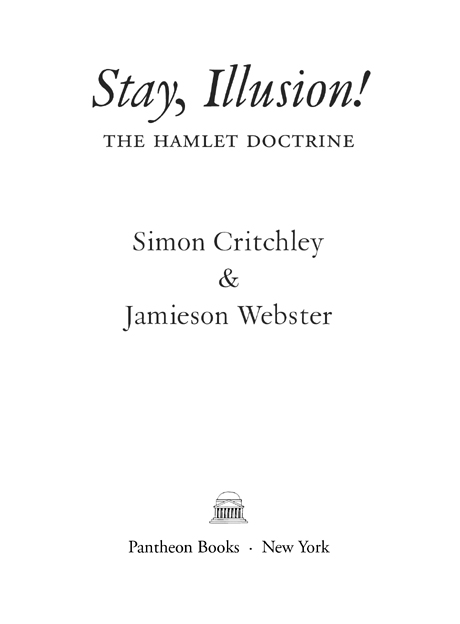Copyright 2013 by Simon Critchley and Jamieson Webster
All rights reserved. Published in the United States by Pantheon Books, a division of Random House, Inc., New York, and in Canada by Random House of Canada Limited, Toronto.
Pantheon Books and colophon are registered trademarks of Random House, Inc.
Library of Congress Cataloging-in-Publication Data
Critchley, Simon.
Stay, illusion! : the Hamlet doctrine / Simon Critchley and Jamieson Webster.
p. cm.
Includes bibliographical references and index.
eBook ISBN: 978-0-307-90762-2
Hardcover ISBN 978-0-307-90761-5
1. Shakespeare, William, 15641616. Hamlet. 2. Shakespeare, William, 15641616Influence. 3. Hamlet (Legendary character). I. Webster, Jamieson.II. Title.
PR 2807. C 74 2013 822.33dc23 2012039269
www.pantheonbooks.com
Cover illustration by Pablo Delcan
Cover design by Peter Mendelsund
Printed in the United States of America
First Edition
v3.1_r1
For Soren
Moreover, it is time in any case to oppose this mendacious world with the resources of an irony, a shrewdness, a serenity without illusions. For, supposing we were to lose, we would be able to lose cheerfully, without condemning, without prophesying. We are not looking for a rest. If the world insists on blowing up, we may be the only ones to grant it a right to do so, while giving ourselves the right to have spoken in vain.
Georges Bataille
CONTENTS
Introduction
Praised Be Rashness
T HIS LITTLE BOOK is the late-flowering fruit of a shared obsession. Although Hamlet makes himself crystal clear during his lambasting of Ophelia, I say, we will have no mo marriage, we are married, and Shakespeares play, its interpretation, and philosophical interpreters have been a goodly share of our connubial back and forth over the last couple of years. We are outsiders to the world of Shakespeare criticism and have chosen as a way into the play a series of outsider interpretations of Hamlet, notably those of Carl Schmitt, Walter Benjamin, Hegel, Freud, Lacan, and Nietzsche. What each of these interpretations enables is a bold but sometimes distant and rash take on Hamlet. We will try to use these interpretations as a set of levers with which to twist open a closer and, we hope, compelling textual engagement with the play itself. Not that we are above rashness ourselves, and if an approach shapes our interpretation, that we might dupe the reader by calling a methodology, then it takes its cue from Virginia Woolf. In her wonderful essay On Being Ill, she writes:
Rashness is one of the properties of illnessoutlaws that we areand it is rashness that we need in reading Shakespeare. It is not that we should doze in reading him, but that, fully conscious and aware, his fame intimidates and bores, and all the views of all the critics dull in us that thunder clap of conviction which, if an illusion, is still so helpful an illusion, so prodigious a pleasure, so keen a stimulus in reading the great. Shakespeare is getting flyblown; a paternal government might well forbid writing about him, as they put his monument at Stratford beyond the reach of scribbling fingers. With all this buzz of criticism about, one may hazard ones conjectures privately, making ones notes in the margin; but, knowing that someone has said it before, or said it better, the zest is gone. Illness, in its kingly sublimity, sweeps all that aside and leaves nothing but Shakespeare and oneself. What with his overweening power and our overweening arrogance, the barriers go down, the knots run smooth, the brain rings and resounds with Lear or Macbeth, and even Coleridge himself squeaks like a distant mouse.
In the name of zest, and in order to make brains ring and Shakespeare resound, we will proceed, as Hamlet says to Horatio, RashlyAnd praised be rashness for it.
The Gap Between Thought and Action
F OR SOME , and it is a popular view that goes back at least to Goethe, Hamlet is a man who simply cannot make up his mind: he waits, hesitates, and is divided from himself in his madness, all the while dreaming of a redeeming, cataclysmic violence. In this view, Hamlet is a creature of endless vacillation, a cipher for the alienated inward modern self in a world that is insubstantial and rotten: Denmarks a prison, Hamlet sighs. For others, Hamlet is the great melancholic who is jealous of Claudius because he has realized his secret desire, namely, to usurp the place of his rival in the affection of his mother.
For still others, Hamlet is not so much a bather in the black sun of depression as too much in the sun of knowledge. Through the medium of the ghost, he has grasped the nature of that which is; that is, himself, his family, and the corrupt political order that surrounds him. Unlike some of the heroes in Attic tragedy, like Oedipus, who act first and then find out the truth later, Hamlet knows the truth from the ghosts mouth in act 1. This truth does not lead to action but instead to a disgust with or nausea from existence. In this view, Hamlet is a kind of anti-Oedipus: whereas the latter moves ragefully from ignorance to knowledge, and his insight requires the loss of his sight in a violent act of self-blinding, the great Dane knows the score from the get-go, but such knowledge does not seem to lead to action. Maybe action requires veils of illusion, and once those veils are lifted, we feel a sense of resignation.
Whatever the truth of the various interpretations, there seems to be a significant disconnection between thought and action in the person of Hamlet. Consider the famous To be, or not to be soliloquy. After contemplating suicide as an attempted quietus from a weary life, Hamlet ponders the dread of life after death, the undiscovered country from whose bourn no traveler returns (apart from the ghost, of course, who seems to have a return ticket). The possibility of life after death puzzles the will and makes us endure the sufferings that we have rather than risk ones we know nothing of but that could be much worse. He continues:
Thus conscience does make cowards of us all,
And thus the native hue of resolution
Is sicklied over with the pale cast of thought,
And enterprises of great pitch and moment,
With this regard their currents turn awry
And lose the name of action.
Thought and action seem to pull against each other, the former annulling the possibility of the latter. If, as Hamlet says elsewhere, there is nothing either good or bad but thinking makes it so, then thinking makes things rather bad, and any resolution dissolves into thin air. Speaking of thin air, we might notice that when the ghost makes his final appearance in the play, in a scene of almost-unbearable verbal and near-physical violence, with Hamlet raging at his mother for her inconstancy, the ghost says that This visitation / is but to whet thy almost blunted purpose. Hamlet confesses to being a tardy son who has not committed Th important acting of the ghosts command.
The ghost asks Hamlet to step between his mother and her fighting soul and speak the truth. For a moment it seems as if he mightdear mother, you are sleeping with your husbands murderer. But as she mumbles the word ecstasy, Hamlet careens into the most pathetic of adjurations, begging Gertrude not to sleep again with Claudius, laying down arms before the truth, once again. Conceit in weakest bodies strongest works, the ghost says.



